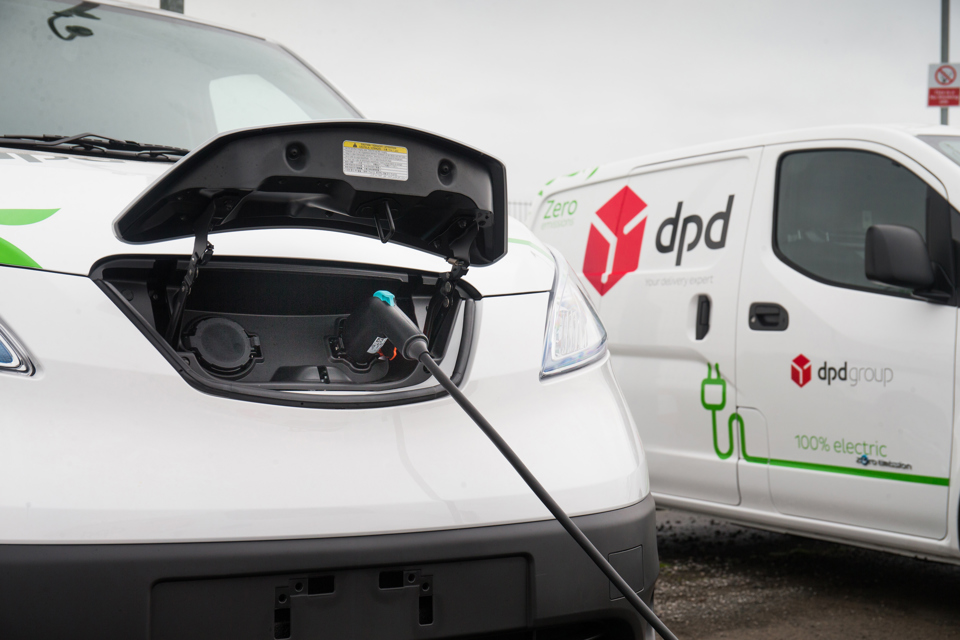Businesses running electric vans could be able to share private depot charging points in the future as part of a new Government-backed initiative.
The new Paua PINS project (Private Infrastructure Network Solution) has received £300,000 from the Department for Transport (DfT) to collaborate on a 10-month initiative to make depot charger sharing a reality.
It's hoped this solution could be rolled out on a wider basis to help boost confidence for businesses switching to electric commercial vehicles.
Manufacturers are launching ever more new battery electric vehicle (BEV) models, with 28 now available to UK buyers – up from 25 last year.
There were, however, fewer fleets going green in July, according to the latest Society of Motor Manufacturers and Traders (SMMT).
New BEV van registrations fell by 14.6% in July to 1,415 units.
Since January, BEVs have accounted for 5.1% of all new vans – a share that includes those weighing up to and equal to 3.5 tonnes (4.8%) and those weighing above 3.5 to 4.25 tonnes (0.3%) – meaning zero emission uptake is down -7.0% across the year.
Given manufacturers are mandated by the Government to ensure BEVs comprise at least 10% of new van sales in 2024, the SMMT said demand needs to increase significantly in the remainder of the year, especially with the number plate change month of September coming soon.
It said mandated targets for van-suitable charging infrastructure are needed fast, while the SMMT is also urging for the Plug-in Van Grant to remain beyond April 2025 if more businesses are going to decarbonise.
Mike Hawes, SMMT chief executive, said: "Declining uptake of the very greenest models remains a major concern, however, given the UK’s zero emission ambitions.
"Industry has invested – and continues to commit – billions into this transition but manufacturers cannot deliver this alone.
"Given the paucity of van-specific charging infrastructure, we need an equally ambitious mandate for chargepoint rollout, one that supports operators right across the country."
The PINS project
Paua, Cenex, Oxfordshire County Council, Suffolk County Council, Daf and a host of leading fleets, industry bodies and software providers are collaborating on the 10-month PINS project to make depot sharing a reality on a commercial scale for fleets.
Cenex, Oxfordshire County Council, Suffolk County Council and Paua have agreed to demonstrate the solution to decarbonising business vehicles.
The two county councils will provide depot locations/vehicles to share with others, while Cenex will explore the technical and commercial challenges of this approach.
Currently only possible by private-bilateral agreements, PINS will enable the sharing of information on private depots to start the formation of a shared, private network.
It is seeking to overcome the challenges associated with the sharing of private or restricted EV charging infrastructure (for example, local authority sites or commercial depots) through research and demonstration with key partners to show how this solution can be extended to a wider variety of depots and fleets.
Outcomes from the Paua PINS project will include a barriers and challenges assessment, a demonstration of the use of the depot sharing solution, an evaluation of the future scalability, and a best practice guide to give other local authorities a better understanding for implementation locally.
- This year's Automotive Management Live on November 13 at the NEC will hold a special panel featuring the Association of Fleet Professionals, as well as leading fleet customers to give their perspective on how retailers can make a success in the fleet market. Register now for your free ticket.





















Login to comment
Comments
No comments have been made yet.